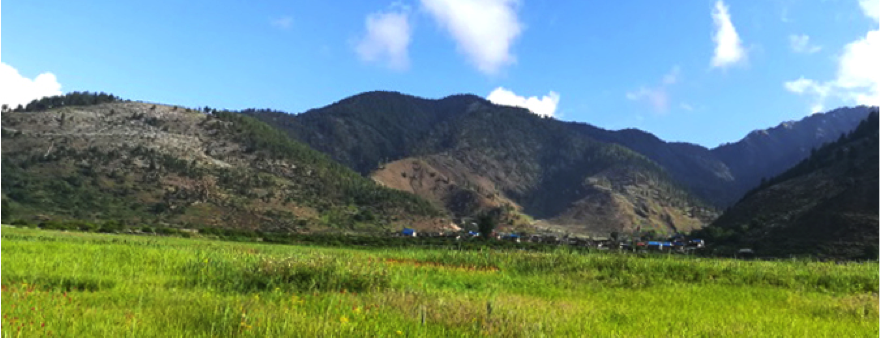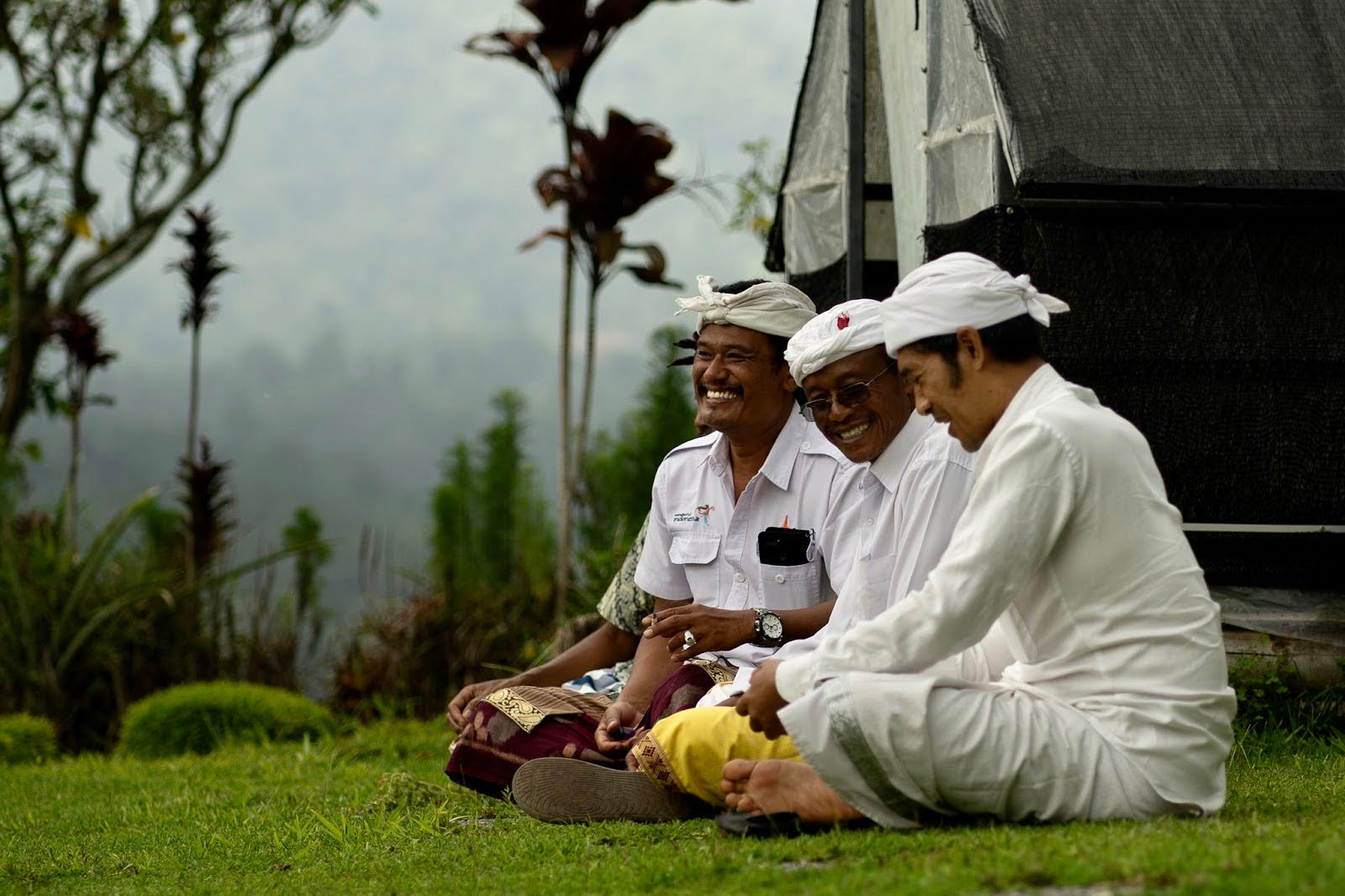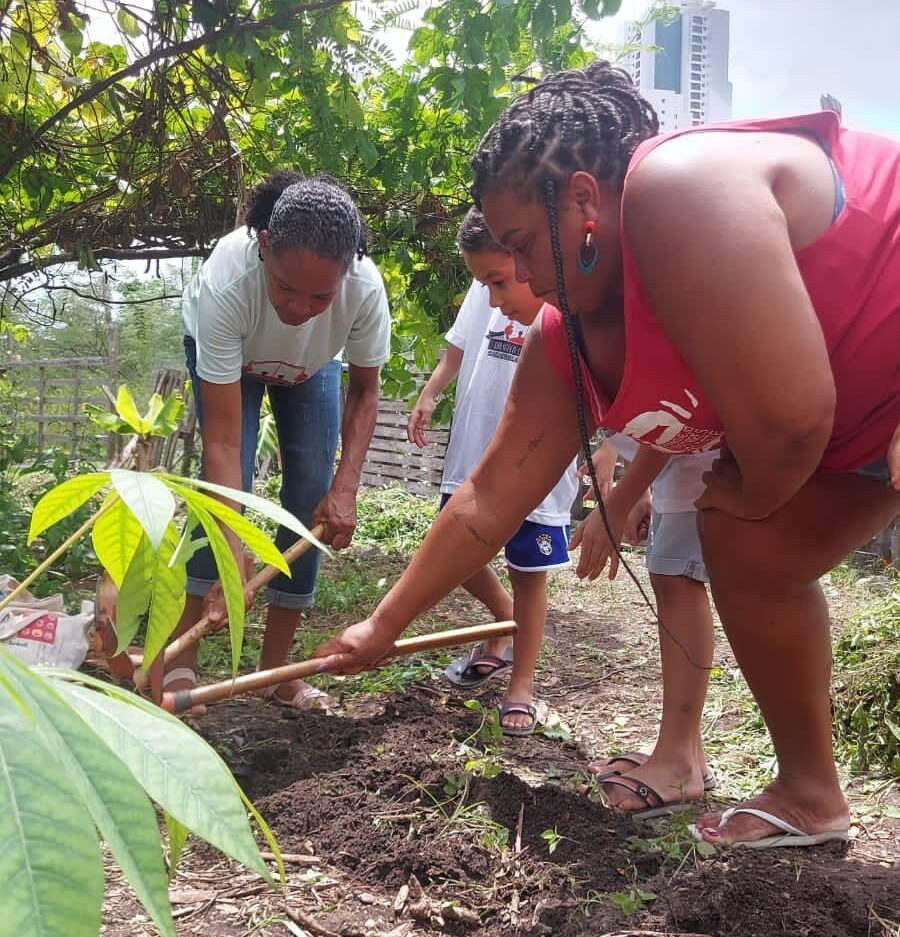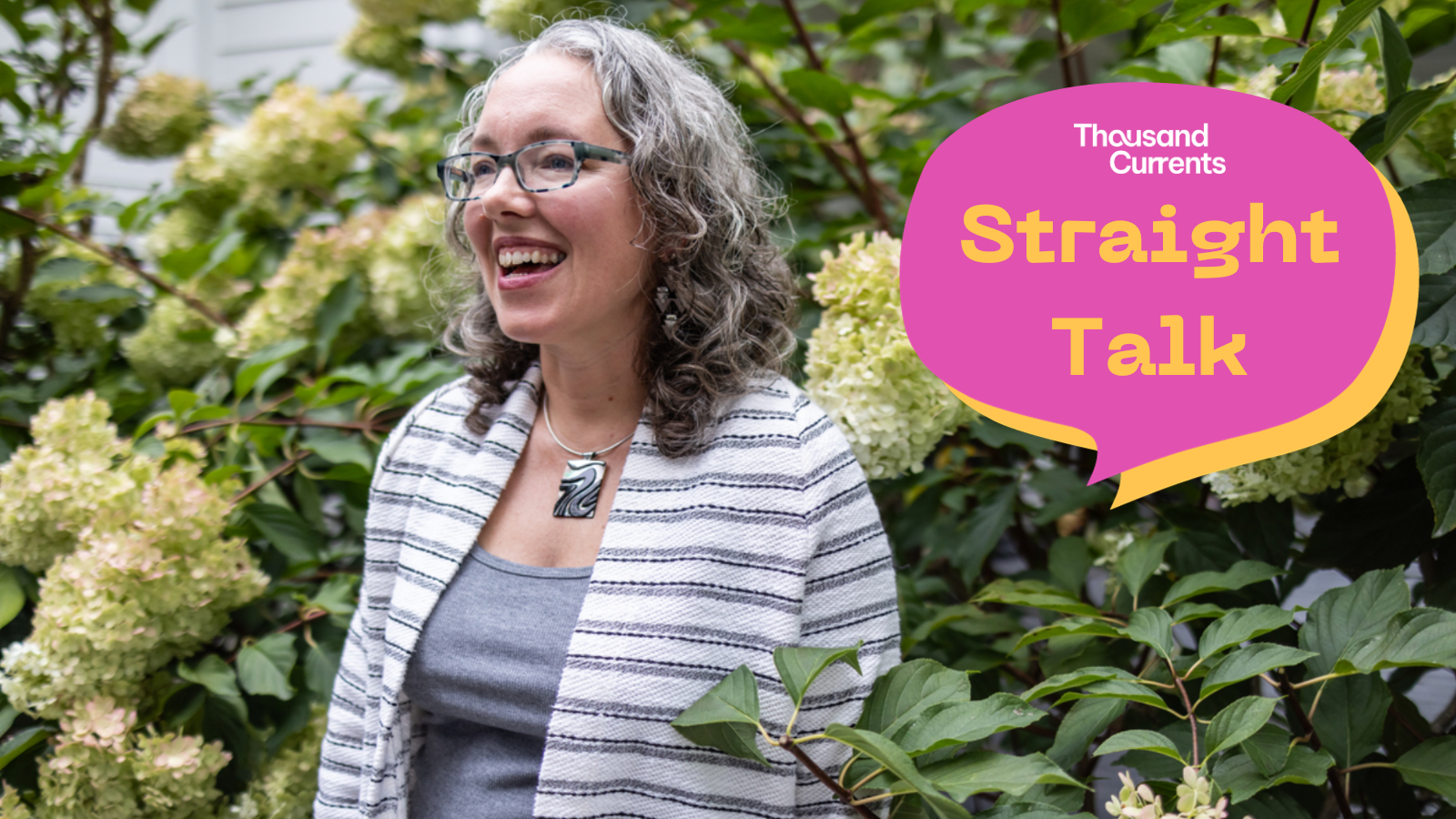Racism and philanthropy: How little practices and big resource flows are connected

What if the donor-intermediary-implementer-local leader hierarchy could be inverted in global philanthropy?
What if shaping the future we want to see becomes the guiding light that shapes our decision-making, rather than donor deadlines and budget amounts and log frames?
What if we could heal the past through the work we do together now?
These are some more questions with which we walked into our interview as part of the Tiny Spark podcast’s coverage on racism and philanthropy and international aid for Nonprofit Quarterly. You can find a link to the podcast and listen in here, or on iTunes, Stitcher, or Spotify.
Below we share a few other thoughts for our sector to consider on how racism shows up in philanthropy and what changes we recommend to our fellow funders. (See Part I of this blog series here.)
We welcome and acknowledge that more and more people in our sector are navigating a paradox: the privilege of “doing good” on one hand, and a fundamental misconception that outside experts can ‘fix a problem.’ This misconception is a result of colonization, globalization and systematic racism. Charity is a Western concept of “givers” and “receivers” that has evolved from the 19th century and the roots of international aid are based in modernist viewpoints of the 20th century and the Cold War, where poor countries were expected to meet an external economic measure of “progress” that resembled rich “white” countries in the Global North. That means wealth privilege and racism is embedded in the roots of international aid and philanthropy.
In the case of global philanthropy, many people are now discovering how the little practices and the big resource flows are connected:
How racism shows up in systemic ways
- Hiring and promotion practices:
Researchers at Quantum Impact this year analyzed 976 leaders across 206 global “social good” organizations. Their results reflect just how acute this leadership issue is for minorities and women in our sector:
- 4 out of 5 organizations (80 percent) had leadership teams that did not have a representative number of people of color. Half of all organizations (51 percent) had no leaders of color.
- 2 out of 3 organizations (66 percent) did not have gender-balanced leadership teams. 1 out of every 5 organizations (20 percent) do not have a single woman serving on their leadership teams.
This is also manifested in reliance on expats in organizations working in countries in the Global South. Diversity without inclusion comes at a cost to those outside the circles of power.
- Selection of grantees:
Racism is also at play when only 1% of humanitarian relief funds reach national or local organizations responding to earthquakes in Haiti or in Nepal, or fighting Ebola in west Africa. A recent report by CEP and COF released demonstrates the inequity in global giving, namely:
- Just 12% of international grant dollars from U.S. foundations went directly to organizations based in the country where programs were implemented. The remaining 88% was channeled through organizations based elsewhere.
- Just 1% of international giving was for general support to local organizations.
How racism shows up in everyday ways
Racism is evident in what one of our former colleagues termed, the “horrible little practices that many people are happy to ignore” in philanthropy. For example:
- when we talk (extensively!) about mitigating risk or evidence, but never about control or power
- when local nonprofits’ capacity is maligned
- whenever people of color are assumed to be less qualified and have lower credentials than they do
- when different opinions would be helpful, but perspectives are not asked for, or are discounted
- when the stories and photos we use to describe our work reinforce harmful stereotypes
Aspects of white dominant culture, as described by anti-racism trainers Kenneth Jones and Tema Okun, reveal how subtle discrimination shows up in professional settings. All are related to the concept of expertise that reflects an accepted power imbalance in our sector. Do any of these sound familiar?
- Progress is bigger, more
- Sense of urgency
- Paternalism
- Individualism/competitiveness
- Objectivity
- Perfectionism
- Power hoarding
- Quantity over quality
- Worship of the written word (formal education over lived experience)
- Either/or thinking
- Fear of open conflict
- Defensiveness
- Right to comfort
What are the changes funders and organizations can make?
We can address racism, all -isms, and implicit bias in all that we do by making changes – right now – within our teams, programs, organizations, foundations, agencies, social enterprises, funds, etc. This includes very concrete actions to dismantle internal and external power structures that perpetuate inequality and prejudices. These include:
- Making different hiring and promotion decisions, learning the difference between diversity and inclusion, and challenging who is at the decision-making table.
- Funding “front-line” community organizers and getting money directly to grassroots leaders. But only if we’re ready to get out of their way. Consider no-strings-attached grants, for example. When we don’t dictate what activities and strategies nonprofits use, this frees them up to listen more closely to the community.
- Dare to redefine the notion of results and accountability – no longer just for our funders or boards or by our staff.
- Do your personal healing work so you can “show up” in solidarity. Loving yourself is a fundamental part of ensuring we are not harming others.
- Be brave! Brave funders will fight for what their grantees have identified as what they need to succeed. Be the voice of the shared vision in your partnerships, not the voice of bureaucratic hurdles and excuses.
Our duty in this sector, at this moment globally, is to unleash people power. And with our bodies and our planet under threat, that must be our sole focus, our relentless pursuit, our greatest joy. It’s time to learn what history books didn’t teach us – that we are each powerful beyond measure, but only when our hearts, values, and purpose are aligned with others.
It’s a journey we’re on together. And…it’s worth it.
Related Stories



